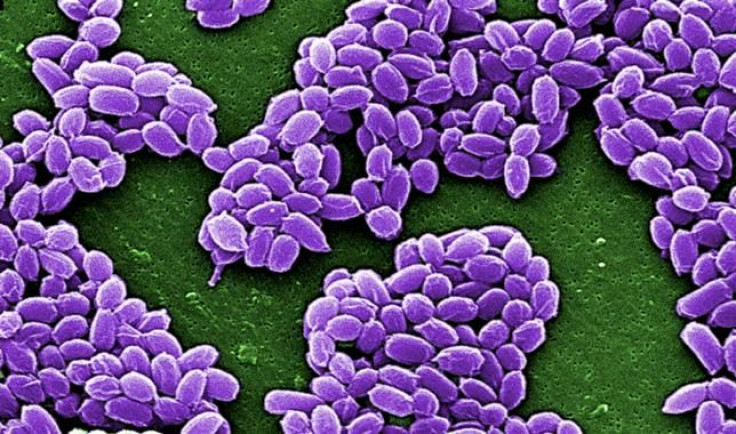Live Anthrax Found In US Military Shipment To Australia: Official

An investigation of a U.S. military facility's mistaken shipments of live anthrax bacteria has turned up another live sample, this one from a 2008 batch sent to Australia, a U.S. defense official said on Friday.
The disclosure, if confirmed, suggests the possibility of a broader problem among anthrax samples meant to have been made inactive at the U.S. Army's Dugway Proving Ground in Utah.
Suspected live samples sourced to Dugway have already been traced going to nine U.S. states and a U.S. air base in South Korea over a period from March 2014 to April 2015 before being discovered this month.
Twenty-two people at the base in South Korea were also given precautionary medical measures although none of them has shown signs of exposure.
The U.S. Centers for Disease Control and Prevention has begun an investigation.
Little is known about the sample sent to Australia, including the type of laboratory that received it. The U.S. defense official, speaking on condition of anonymity, said the sample was tested after the latest disclosure as part of the ongoing investigation into the handling of anthrax samples.
The Pentagon declined comment, saying it was trying to gather facts.
It was unclear how many other samples from Dugway have been tested or what the results of those tests are.
On Thursday, the Army's top general said human error probably was not the cause, saying preliminary information suggested U.S. personnel at Dugway appeared to correctly follow official procedures.
The Pentagon was more cautious on Friday.
"There is an ongoing investigation and we need to let this develop," said Colonel Steve Warren, a Pentagon spokesman.
© Copyright IBTimes 2024. All rights reserved.











